detail profile nilda spencer
Peran Yang Di Mainkan Nilda Spencer
 A true story that comically depicts...
A true story that comically depicts...Me, You, Them 2000
A true story that comically depicts the relationship between an ordinary woman and her three husbands, who live in the same house in a poor and arid small village of the Brazilian northeast.
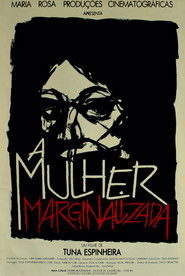 The film addresses the condition of...
The film addresses the condition of...A Mulher Marginalizada 1989
The film addresses the condition of sex workers in the city of Juazeiro in the 1980s.
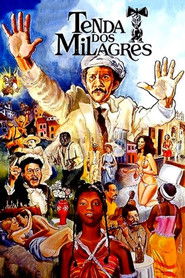 When a prominent US Nobel Laureate...
When a prominent US Nobel Laureate...Tent of Miracles 1977
When a prominent U.S. Nobel Laureate arrives in Salvador, Bahia, the city with the largest black population in Brazil, he stirs emotions by championing a long-forgotten local writer named Pedro Archanjo, who believed that humanity would be improved only through miscegenation.
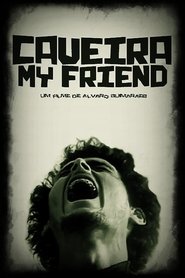 The adventures of a gang of...
The adventures of a gang of...Caveira My Friend 1970
The adventures of a gang of thieves and murderers led by violent Caveirinha. A radical disruption proposal from the postulates of the Cinema Novo, a film with a loose narrative structure. Through the actions of a group of outlaws, the director sews in scenes that propose iconoclasm and elation as forms of opposition to the military dictatorship oppression.
 In Bahia in the late 60s...
In Bahia in the late 60s...Meteorango Kid, Intergalactic Hero 1969
In Bahia, in the late '60s, the alienated college student Lula spends his time protesting in the university, but without political orientation, wandering on the streets, smoking grass, trying to be an actor and having sex. Meanwhile, a common young man stalks women on the streets trying to have intercourse with them.
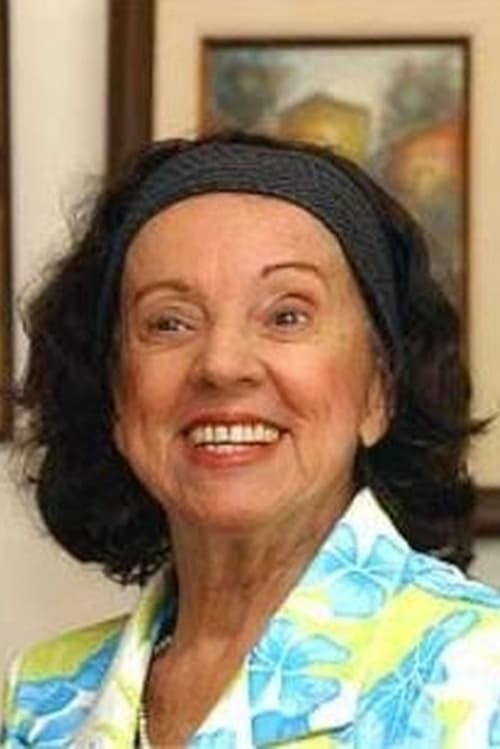
 Free adaptation of Machado de Assis...
Free adaptation of Machado de Assis... Schizophrenic tramp performs outrageous acts in...
Schizophrenic tramp performs outrageous acts in...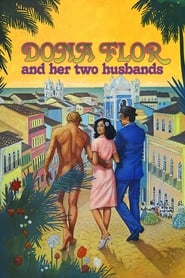 After the death of her handsome...
After the death of her handsome...